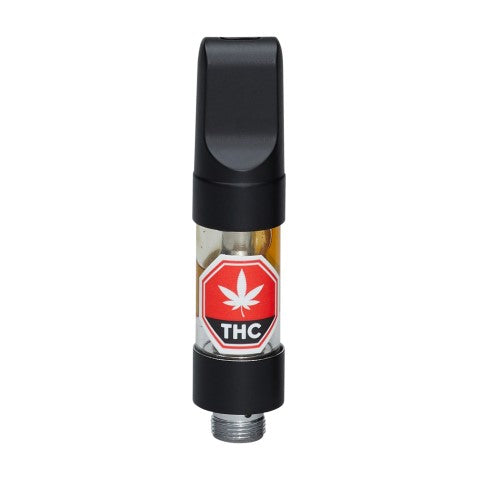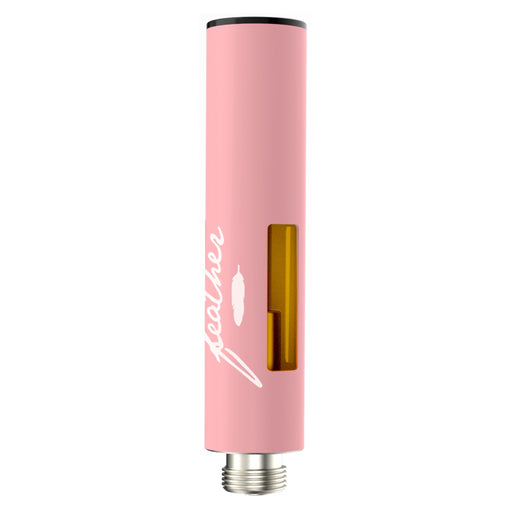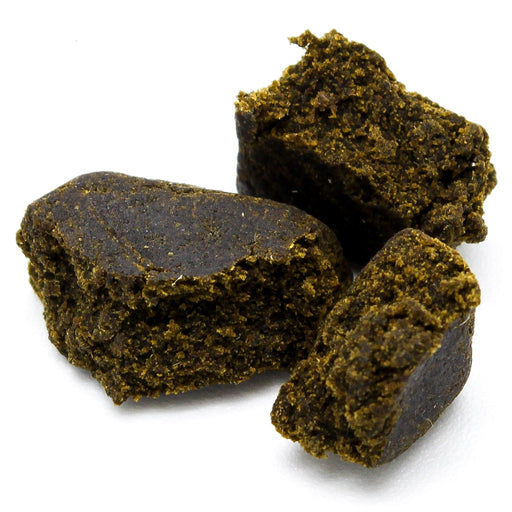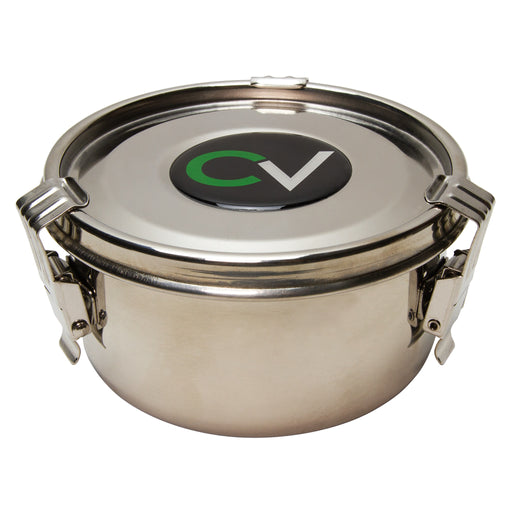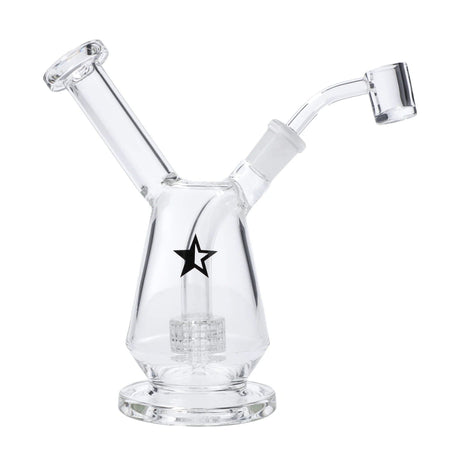Understanding the Importance of Water Recycling in Cannabis Cultivation
Water recycling in the cannabis industry is not just a matter of environmental stewardship; it represents a crucial strategy for addressing several significant challenges. Traditional water usage in cannabis cultivation can have a substantial environmental impact. For instance, the high water demand can exacerbate water scarcity, particularly in regions already facing limited water resources. Additionally, the extensive use of water can lead to pollution issues, such as runoff containing fertilizers and pesticides that contaminate local water bodies. The carbon footprint associated with transporting and treating water further compounds these environmental concerns.
From an economic standpoint, water recycling offers tangible benefits for cannabis cultivators. By reusing water within their operations, growers can significantly reduce their water bills. This cost-saving measure is particularly important in areas where water prices are high or where water use is heavily regulated. Improved resource efficiency is another economic advantage, as it allows cultivators to optimize their inputs, thereby enhancing the overall profitability of their operations.
In addition to financial and environmental benefits, water recycling can markedly improve the sustainability of cannabis cultivation. As consumers become more environmentally conscious, there is a growing demand for eco-friendly products. Implementing water recycling practices can help cannabis growers meet this demand, positioning their products as sustainable and environmentally responsible. This alignment with consumer values can enhance brand reputation and potentially lead to greater market share.
Regulatory pressures also play a crucial role in promoting sustainable water use in the cannabis industry. Various jurisdictions are increasingly implementing strict water use regulations and offering incentives for sustainable practices. These regulatory frameworks encourage growers to adopt water recycling systems, ensuring compliance while also benefiting from potential subsidies or tax breaks.
Implementing Effective Water Recycling Systems for Cannabis
Implementing water recycling systems for cannabis cultivation involves understanding the various types of systems available. Closed-loop systems, greywater recycling, and rainwater harvesting are among the most commonly used. Each system has unique advantages and can be tailored to the specific needs of cannabis growers. Closed-loop systems recirculate water within the cultivation environment, minimizing waste and reducing the need for fresh water. Greywater recycling involves treating and reusing water from non-sewage sources such as sinks and showers, while rainwater harvesting collects and stores rainwater for future use.
Setting up a water recycling system begins with an initial assessment to determine the water needs of the cannabis operation and the suitability of different recycling options. This involves analyzing water usage patterns, identifying potential sources of recyclable water, and evaluating the quality of available water. Once the assessment is complete, the next step is designing the system. This includes planning the layout, selecting appropriate equipment, and ensuring the system complies with local regulations.
Equipment selection is crucial for the efficient operation of a water recycling system. Essential components may include filtration units, storage tanks, pumps, and control systems. Installation should be conducted by professionals to ensure the system functions correctly and safely. Regular maintenance and monitoring are vital to keep the system running efficiently. This includes routine checks for leaks, blockages, and equipment performance, as well as periodic water quality testing to ensure contaminants specific to cannabis farming, such as pesticides and fertilizers, are effectively managed.
Potential challenges in implementing water recycling systems for cannabis include dealing with contaminants, ensuring regulatory compliance, and managing costs. Contaminants can be addressed through advanced filtration and treatment technologies. Staying informed about local regulations and obtaining necessary permits can help avoid legal issues. Cost management involves evaluating the long-term savings from reduced water use against the initial setup expenses.
Practical tips such as starting with a pilot system, using automation to monitor water quality, and seeking advice from experienced growers can enhance the effectiveness of water recycling efforts. Case studies of successful implementations provide valuable insights and demonstrate the benefits of water recycling systems in cannabis cultivation. By adopting these practices, growers can improve sustainability, reduce costs, and contribute to environmental conservation.






